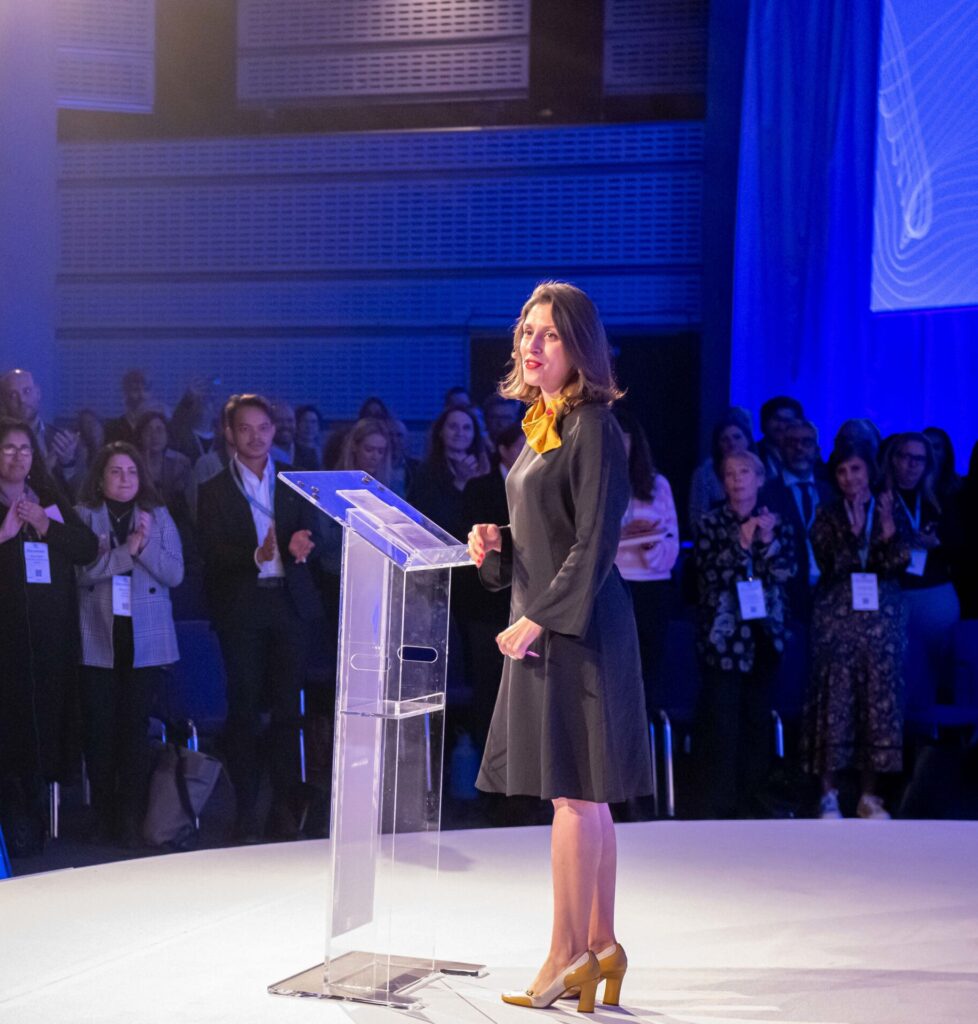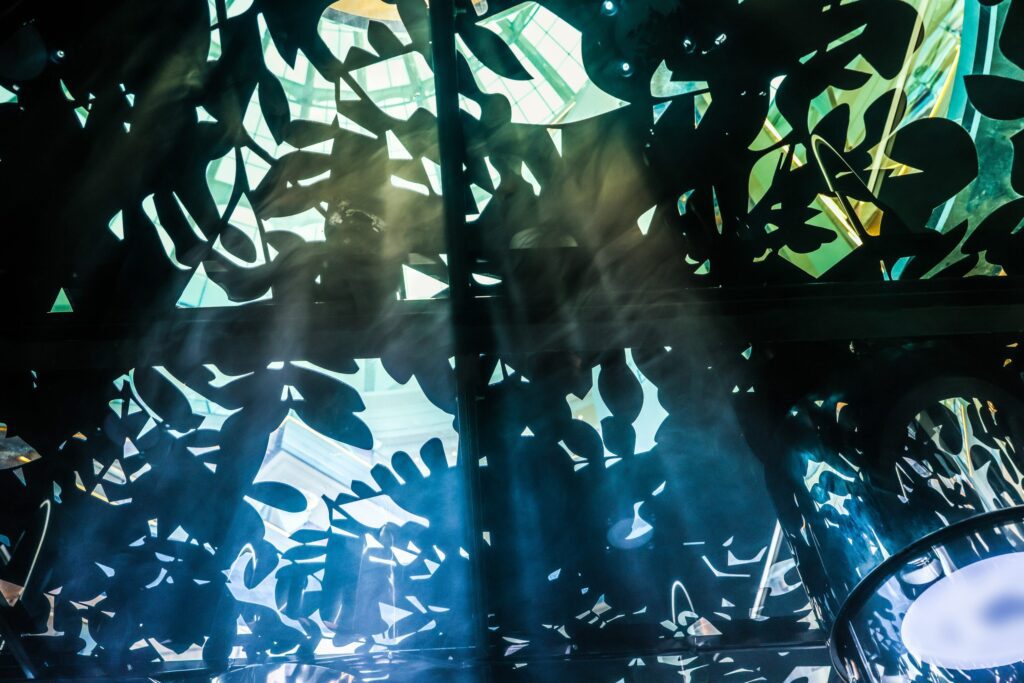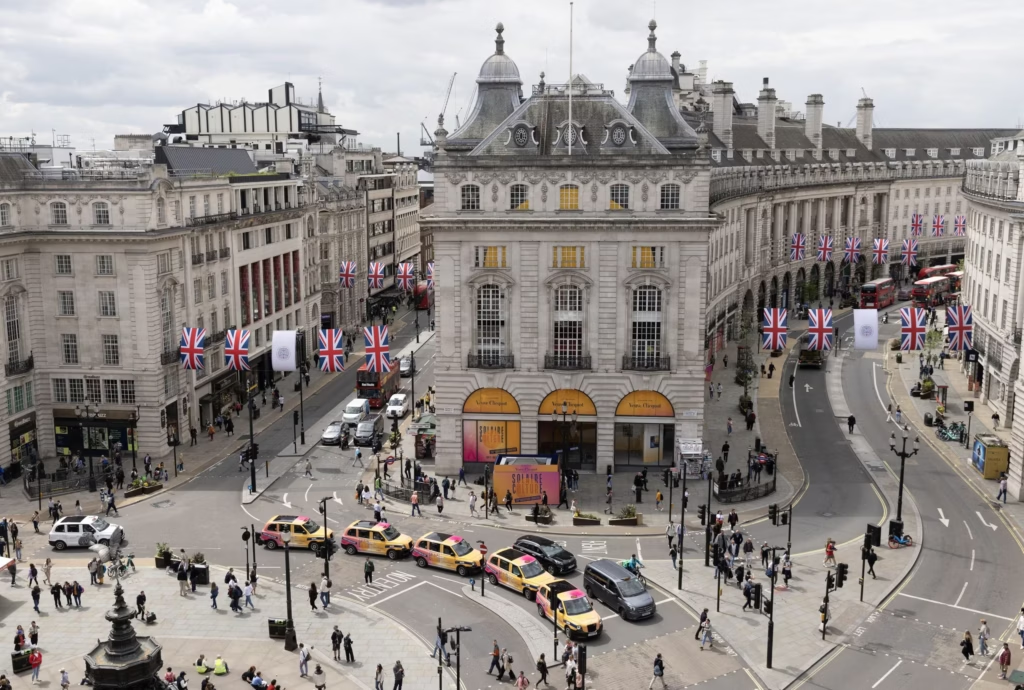How Brands use Roadshows to Connect to Customers
Why Inspirational Language is a Creative Superpower

The Power of Words in Creative Strategy
Choosing the right language isn’t about decoration; it’s about direction.
A strong event title or creative theme acts as a north star guiding everything from visual design to speaker selection. More importantly, it aligns with the client’s business objectives, ensuring that creativity serves a strategic purpose.
One simple but powerful tip? Read the client’s last annual statement. What are the Chair and CEO emphasising? What themes emerge? These insights are invaluable for crafting language that resonates, ensuring your creative approach speaks directly to their vision and priorities.
Why This Matters More Than Ever in the AI Era
As AI tools become an integral part of the creative process, inspirational language is a skill that will define the best creatives.
We are moving toward a world where we put down the mouse and pick up the keyboard—writing prompts that guide AI to generate visuals, copy, and ideas. The better the input, the stronger the output.
But AI lacks human sentiment. It doesn’t feel. It doesn’t dream. That’s our job. Our ability to inject meaning, emotion, and depth into prompts is what will separate generic AI-generated content from something truly compelling.
Crafting Stronger Creative Language
Here are a few ways to elevate your use of language in creative work:
• Frame the Narrative
– Instead of focusing on tasks or logistics, tell a story. A compelling narrative provides context, purpose, and emotional engagement.
• Use Action-Oriented Language
– Words like ‘ignite,’ ‘transform,’ and ‘empower’ infuse energy into a concept, making it more dynamic and engaging.
• Tap into Emotion
– The best creative work makes people feel something. Choose words that evoke excitement, ambition, or urgency to create deeper resonance.
• Align with the Bigger Picture
– How does this creative project fit into a wider business strategy? Speaking the language of leadership ensures alignment with high-level goals.
In the creative industries, language is a tool just as much as a camera, a brush, or a design program.
The words we choose don’t just describe our ideas—they elevate them. And in a world where AI can execute but not feel, the ability to craft truly inspirational language will be a defining skill for the future of creativity.
If someone asked me what they should study to become a visual artist, I’d say a degree in creative writing. Learning to paint a picture with words will be the foundation of how we create in the coming years.
So, whether you’re crafting a concept, writing an AI prompt, or branding an event, remember: words are more than labels—they are the key to unlocking imagination.
Related insights

What’s next and what matters: The Trends Shaping Corporate Events in 2026

The Must-Attend Industry Events for Event Planners in 2026
